Guidelines for value chain selection: Integrating economic, environmental, social, and institutional criteria.
In close collaboration with GIZ and ILO, Fair & Sustainable consultants Jochem Schneemann and Trude Vredeveld developed a publication named Guidelines for Value Chain Selection. The Guidelines provide development practitioners, such as development organizations, NGOs, donors, and governments, with an easy to use tool to identify those value chains with the most potential to achieve their development objectives and targets within a reasonable time frame.
The Guidelines offer a holistic and structured approach to value chain selection. They combine four dimensions of value chains/sustainable development: economic, environmental, social and institutional. Since the four dimensions are interconnected, overlooking any one of them during value chain selection will affect the next phase of value chain analysis and development. No comprehensive systematic approach or methodology existed that combines these four dimensions, and therefore these guidelines have been developed to fill this gap.
Building on its experience in West Africa, Fair & Sustainable and Innovision Consulting (Bangladesh) developed and pilot-tested the first version of the Guidelines in 2013. They were reality checked and enriched by collection of best practices and lessons learned from documentary review and through interviews with GIZ and ILO field staff.
‘We are proud of the final result, and through the fruitful collaboration, we can now offer a practical tool that includes environmental and social aspects, and which can contribute to a more inclusive and sustainable impact of value chain interventions’ – Jochem Schneemann
Meanwhile, the Guidelines and the underlying Scoring matrix tool have been published on both GIZ and ILO websites. See value chain selection guidelines and tools in English and in French (see also page iii of the digital version of the publication). Here you can also find the scoring matrix as excel file (to be adjusted to your needs) as well as a French version of the Guidelines. The Guidelines can also be downloaded here. Fair & Sustainable is available for trainings and tailor made applications using these Guidelines to add value to your initiative.
Please contact Jochem.schneemann@fairandsustainable.org in case of any questions or if you want to explore how to use these guidelines.
